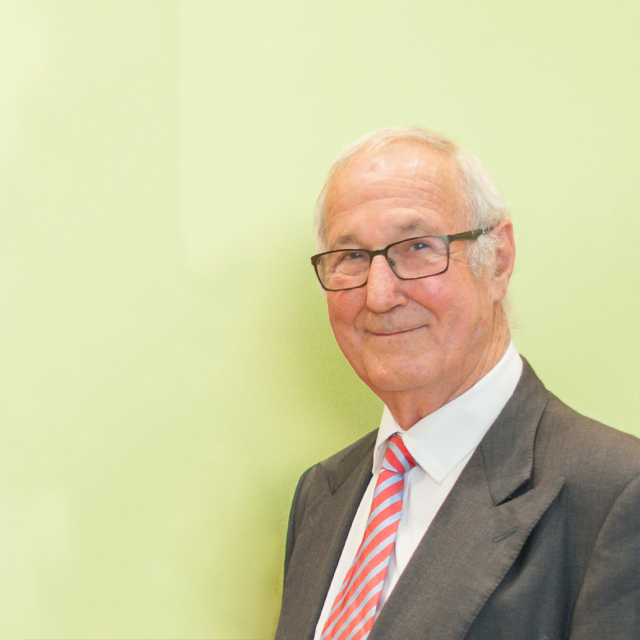Merson Lecture 2024: Tools for analysing and repairing the brain
Understanding and repairing complex biological systems, such as the brain, requires technologies for systematically observing and controlling these systems. We are discovering new molecular principles that enable such technologies. For example, we have developed a method which we call expansion microscopy, that enables ordinary microscopes to do nanoimaging – important for mapping molecules throughout cells, and cells throughout brain circuits. We also discovered that microbial opsins, genetically expressed in neurons, could enable their electrical activities to be precisely controlled using light. These molecules, called optogenetic tools, enable causal assessment of how neurons contribute to behaviours and pathological states, and are yielding insights into new treatment strategies for brain diseases. They are also beginning to be used in human patients, in experimental clinical contexts like treating blindness. Finally, we are developing methods that enable the precision measurement of signals in the brain. We share all these tools freely and aim to integrate the use of these tools to enable comprehensive understandings of neural circuits, and ways to treat diseases.
Ed Boyden is Y. Eva Tan Professor in Neurotechnology at MIT, an investigator of the Howard Hughes Medical Institute and the MIT McGovern Institute, and professor of Brain and Cognitive Sciences, Media Arts and Sciences, and Biological Engineering at MIT. He leads the Synthetic Neurobiology Group, which develops tools for analysing and repairing complex biological systems, such as the brain, and applies them systematically to reveal ground truth principles of biological function and to repair these systems. He also co-directs the MIT Center for Neurobiological Engineering, which aims to develop new tools to accelerate neuroscience progress, and the K. Lisa Yang Center for Bionics, which pioneers transformational bionic interventions across a broad range of conditions affecting the body and mind. In the last five years alone, he has received the Wilhelm Exner Medal (2020), the Croonian Medal, the Lennart Nilsson Award, the Warren Alpert Foundation Prize, and the Rumford Prize (all in 2019), and the Canada Gairdner International Award (2018). Long-term, Ed hopes that understanding how the brain generates the mind will help provide a deeper understanding of the human condition, and help humanity achieve a more enlightened state.
Lecture 5.00pm – 6.00pm
Cocktail party 6.00pm – 7.00pm
Where:
The University of Queensland, St Lucia campus
Please register your attendance for the lecture and the cocktail party.
About The Merson Lecture
 The annual lecture is named in honour of Dr David Merson, who supported the series in order to promulgate the best neuroscience research and what it has to offer the community in the future. It is given by a prominent, internationally leading neuroscientist whose research is of relevance to laboratories at QBI.
The annual lecture is named in honour of Dr David Merson, who supported the series in order to promulgate the best neuroscience research and what it has to offer the community in the future. It is given by a prominent, internationally leading neuroscientist whose research is of relevance to laboratories at QBI.
Dr Merson is the founder and ex-CEO of Mincom Limited. Since retiring, he has become director of a range of organisations and charitable institutions. He is a member of QBI’s Advisory Board and was the inaugural Chair of the QBI Development Board. His philanthropic sponsorship of this lecture is indicative of a strong community interest in neuroscience and the inspiring research that is being done in the area of neurological and mental diseases.
Venue
The University of Queensland St Lucia campus
